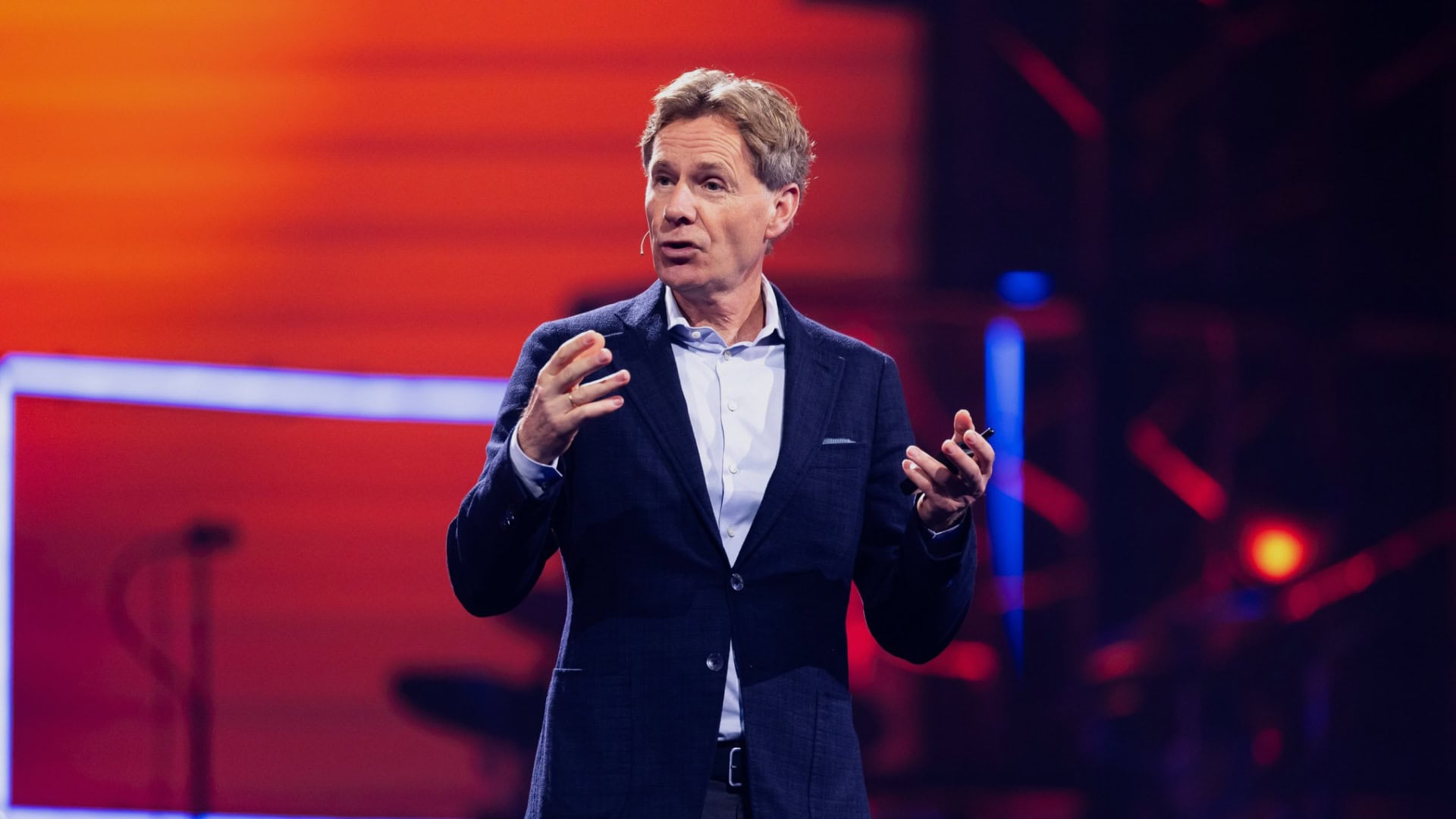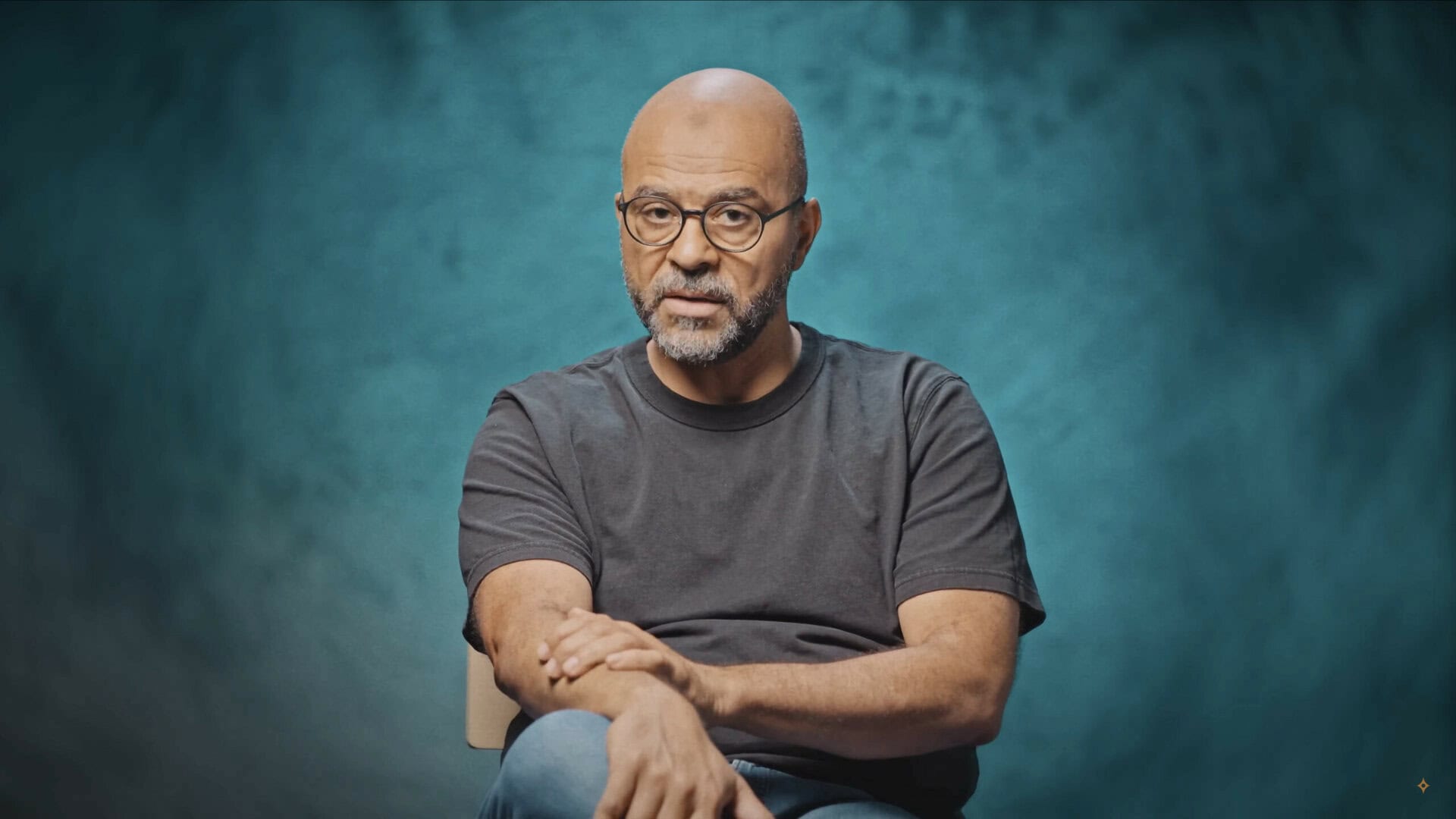Behind the Keynotes
Episode 2: Dealing With Upcoming Changes
Study Guide
Lesson Notes
Things are changing, and they’re changing fast. Our experts outlined a few of the most significant changes impacting leaders today and in the near future. They also offered some advice on how to tackle these changes and turn them into opportunities.
The Upcoming Changes
Remote and Hybrid Work
Liz Wiseman highlights that remote work has contributed to a growing sense of disconnection from institutions and workplaces, creating a challenge for leaders to help teams remain engaged and united. Further, Kim Scott and Will Guidara emphasize that while remote work has brought efficiencies, it requires deliberate efforts to foster connection.
Artificial Intelligence
Adam Grant points out that leaders are navigating uncharted territory, with no clear roadmap for how AI will reshape industries. Steven Van Belleghem and Morten Hansen add that AI’s influence extends beyond technology; it reshapes human capital, requiring reskilling and a focus on quality over cost in implementation.
Global Collaboration
Morten Hansen observes that leaders need new skills to collaborate across industries and cultures as expertise becomes more specialized and geographically dispersed. This shift from traditional, siloed leadership to horizontal leadership calls for agility, an ability to build partnerships, and a willingness to integrate diverse expertise.
Social Impact
Social impact is now a defining aspect of leadership. As Steven Van Belleghem points out, customers expect companies to contribute positively to society while delivering value. Similarly, Bozoma Saint John highlights that transparency about leaders’ values and actions is no longer optional; it is a prerequisite for trust.
Managing Change
Creating Connection and Collaboration
To address these changes, leaders must prioritize creating connection and collaboration within their teams and outside them. Liz Wiseman suggests that leaders need to be aware of connections not only between colleagues, teams, and customers but individuals and their relationship with work as well. Chris Voss adds that emotional intelligence is essential to understanding and guiding people during periods of change, a skill all leaders should cultivate.
- Leaders must create an environment of trust, shared purpose, and meaningful relationships to navigate change.
- Leaders need to both mind the connections within their organizations and facilitate collaboration beyond them.
Focus and Adaptability
Sanna Suvanto-Harsaae explains that leaders need to concentrate on essential tasks while maintaining flexibility to adjust goals and steps as circumstances evolve. Adam Grant and Morten Hansen advocate for regularly iterating and reviewing processes, especially as AI continues to reshape industries at a rapid pace. It’s important to focus on experimentation, piloting new tools, and preparing teams for change.
- By adopting a mindset of continuous learning and experimentation, leaders can both react to change and anticipate and leverage it for growth.
- Leaders must view AI not only as a tool for efficiency but also as an opportunity to redefine work and create value through thoughtful adaptation and innovation.
Transparency and Value Creation
Steven Van Belleghem and Bozoma Saint John emphasize that leaders must be open about their values and ensure that their organizations contribute positively to society. Björn Wahlroos also notes the importance of strong communication skills and a deep understanding of technological processes.
- Leadership today is as much about technical competence and strategic thinking as it is about authentic engagement and societal responsibility.
- Leaders must balance business goals with societal contributions, ensuring that their actions align with broader expectations for sustainability and ethics.
Ask Yourself
Am I actively creating environments where my team feels connected, aligned, and valued, even in a remote or hybrid work setting?
- Reflect on whether you are intentionally fostering meaningful relationships and trust within your team. Consider if you’re building systems that replace the organic connections that once happened in person.
Am I adapting my goals and strategies effectively to stay focused on what matters most, even as circumstances change?
- Ask yourself if your decisions align with the growing demand for companies to contribute to societal and environmental well-being, as Steven Van Belleghem and Bozoma Saint John advise.
Am I clearly and transparently communicating my vision, values, and goals to my team and stakeholders?
- Evaluate whether your communication reflects authenticity and purpose. Consider if you’re effectively building trust and alignment by being open about your leadership values and how they connect to your organization’s mission.

The Episode in 3 Quotes
“At the end of the day, we cannot accomplish anything of significance unless the people on our teams feel a genuine sense of connection to one another.” – Will Guidara
“We live in a world where knowledge is fragmented, and yet there is a high degree of speed around us. So the ability to tap into all that expertise in a very spread out world is a key thing for us.” – Morten Hansen
“What I see is that more and more customers expect companies to become part of the solution. You cannot put your head in the sand.” – Steven Van Belleghem




